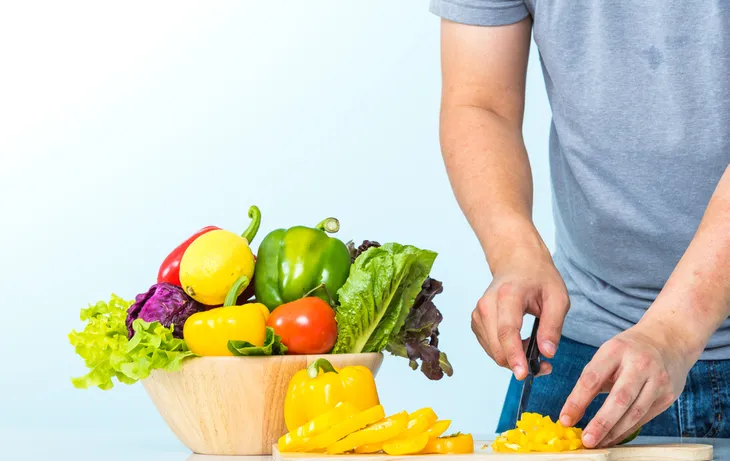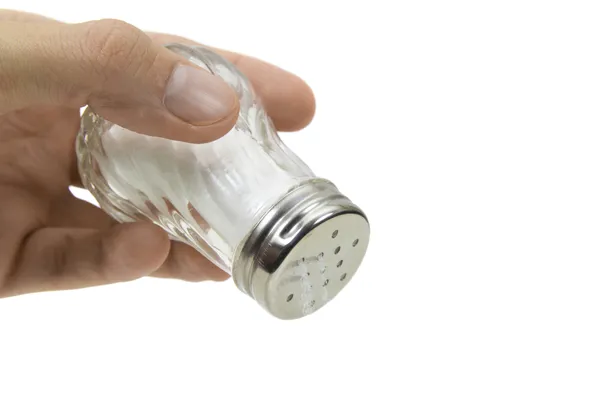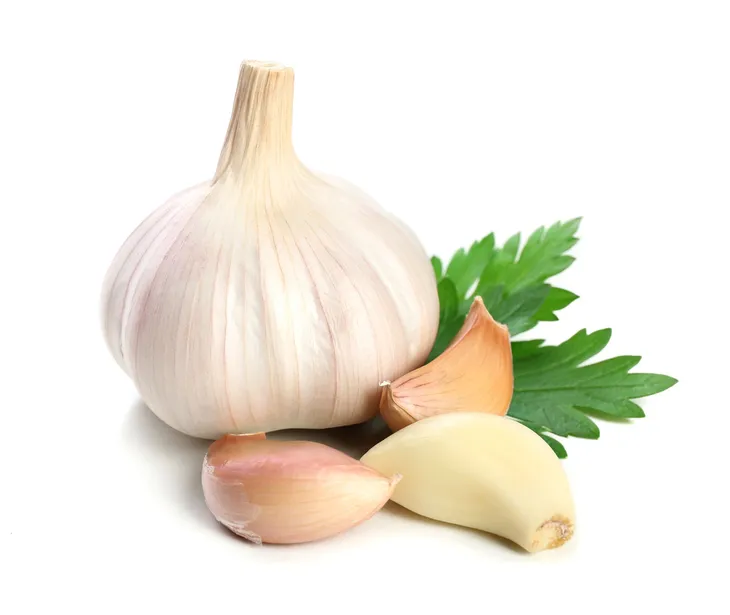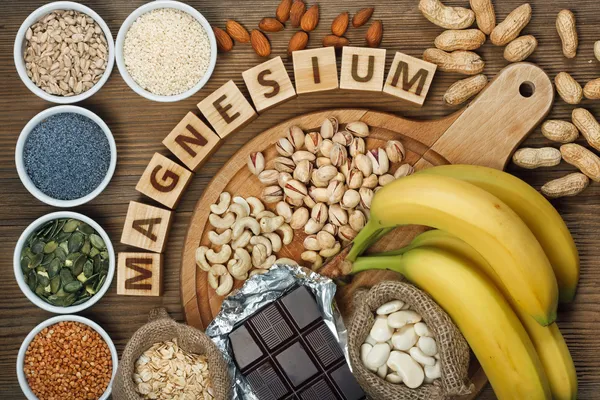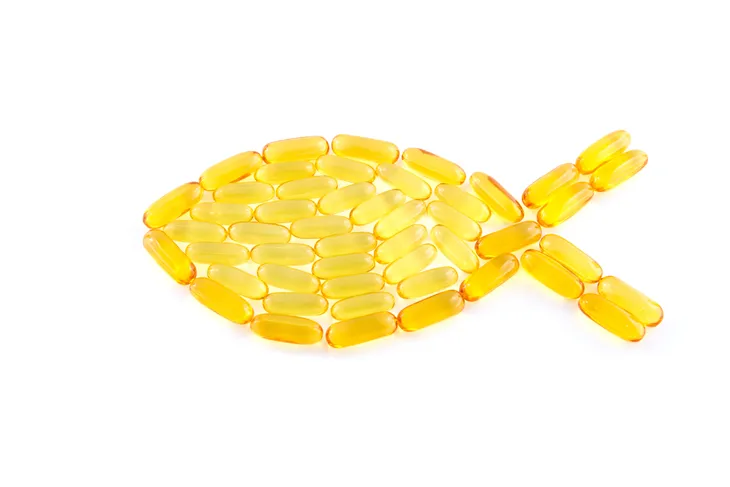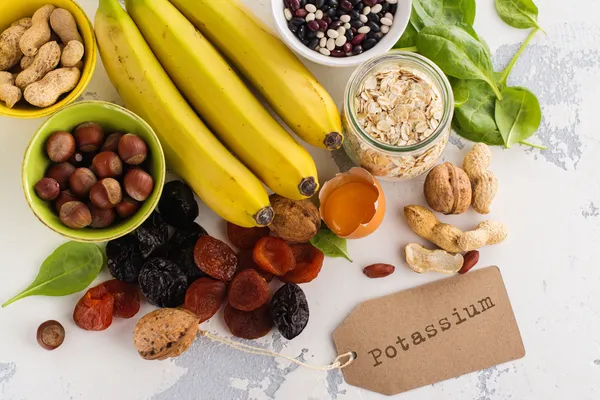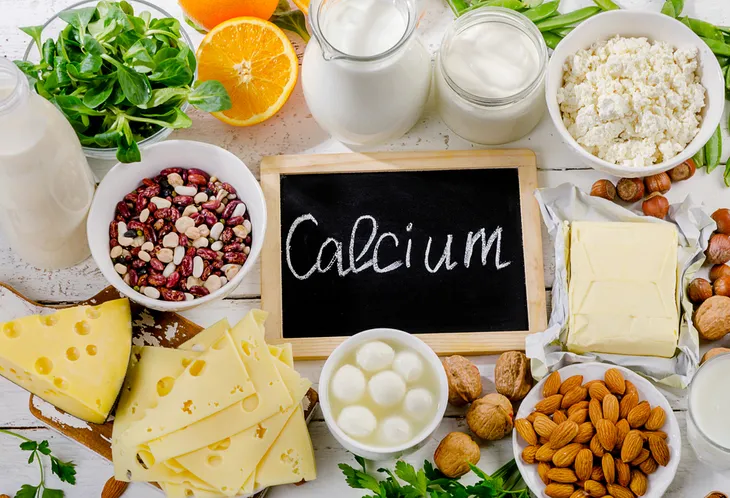High blood pressure (also referred to as hypertension) occurs when a force of blood pushes against the lining of the arteries and then remains at this higher force for a period of time. You might be thinking, well there must be more to it than that. You’re right! While high blood pressure itself might not sound that scary, it has a lot of scary effects. High blood pressure can be extremely dangerous because it not only damages the blood vessels, it puts a huge stress on other important organs like the heart and brain. It’s been known to increase a person’s risk for heart disease, stroke, and kidney disease.
Unfortunately, some people can’t avoid developing high blood pressure because of their risk. While there are many risk factors that we can’t change like age, family history, or ethnicity, there are plenty of easy lifestyle habits that can help control and manage it. There’s also a long list of things the average person can do to prevent it from developing in the future. Here are some of the best ways to prevent high blood pressure…
1. Eat Healthy
There are many things on this list that people should be doing anyways, regardless of their risk for high blood pressure, and this is one of them. Eating a healthy and well balanced diet is something we should all strive for, no matter what health concerns we might have. But if you need one more reason to eat a diet full of fruits and vegetables, then we’ve got a big one! A healthy diet can help keep blood pressure under control. Everyday Health suggests following the Dietary Approaches to Stop Hypertension (also known as the DASH diet) because it has shown to have a positive impact on managing blood pressure.
In addition to eating a healthy well-rounded diet, there are several foods that work to help relieve high blood pressure. Someone suffering from hypertension should try eating more greens, berries, beets, milk, oats, bananas, fish, plant seeds, sweet potatoes, dark chocolate (in moderation), pistachios, and eggs.
2. Don’t Smoke
There are so many reasons not to smoke or to quit smoking if you’ve already picked up the habit. Not only has it been linked to cancer, premature aging, and lung disease, it can also cause high blood pressure which puts a person at risk for heart attack and stroke. If you’re having trouble quitting, talk to your doctor about healthy ways to help you quit.
3. Reduce Salt Intake
Cutting back on salt is one of the easiest ways to reduce high blood pressure. For many people, a simple low-sodium diet will solve their problem and keep their blood pressure normal. “The higher the sodium intake, the higher the blood pressure,” says Gbenga Ogedegbe, MD, MPH, a clinical hypertension specialist, director of Center for Healthful Behavior Change, and associate professor of medicine for the division of general internal medicine at New York University School of Medicine in New York City when talking to Everyday Health.
Avoid using salt shakers because for the most part, it’s not necessary. Although it might not be obvious in the taste, a lot of the food we eat already contains a great deal of salt, especially if falls into the category of packaged or processed foods.
4. Exercise More
Exercise plays an important role in the fight against high blood pressure. Of course, the more exercise the better, but even if you’re not big on exercise, just try moving around more. Dr. Ogedegbe told Everyday Health that even just about 30-minutes of moderate exercise three times a week is a good place to start. The Centers for Disease Control and Prevention (CDC) writes that the Surgeon General recommends children and adolescents get about 1-hour of exercise each day.
If you’re one of those people who doesn’t seem to have time to exercise on a regular basis, try going for a walk on your lunch break a few times a week. There’s 30 minutes right there! Of course for people who have a desire to be even more active than that, the options are even more endless. Join a gym and find a group class that suits your level and needs, and start attending on a regular basis. You’ll quickly get to know the other gym-goers around you, and you’d be surprised how fast it’ll become part of your weekly routine. For those who are more athletic, join a recreational league of soccer, hockey, etc. There are so many easy ways to incorporate more movement into your life!
5. Maintain Healthy Weight
Obesity and weight in general is a problem many people deal with or have dealt with. Most of us are a part of that vicious cycle that breeds a busy, fast-paced lifestyle that doesn’t leave a lot of room for exercise or healthy eating. We all need to work to get by, and in order to work we have to put the hours. Then factor in kids, pets, family, a social life, the list goes on! It can be hard to fit it all in — we totally get it! It’s something we can all relate to. No matter how busy we are, it’s important to maintain a healthy weight and somewhat healthy lifestyle. This means not eating out frequently, not eating fast food, and making healthier choices at the grocery store.
Dr. Ogedegbe told Everyday Health that weight plays an extremely crucial role in high blood pressure.Anyone who is overweight should try to lose it, even if it’s just 10 pounds it could help reduce the risk of high blood pressure. The same goes for people who are a normal weight — work towards not putting on any more weight. A healthy weight range is calculated through body mass index (BMI). You can calculate it on your own through the CDC’s Assessing Your Weight Website or talk to your doctor and they will do it for you.
6. Garlic
This one is a little different and more unusual than others, but believe it or not, there are several studies that show eating garlic can help lower blood pressure. According to LiveStrong, allicin, a component of garlic, causes blood vessels to widen “and also inhibits angiotensin II, a protein that constricts blood vessels, according to research published in the Journal of Clinical and Experimental Cardiology in April 2016.” However, garlic’s effect on blood pressure will likely not be enough to replace medication for someone who needs to significantly lower their blood pressure.
So how much garlic should a person eat? LiveStrong warns not to begin consuming garlic in larger doses until you’ve talked it over with your doctor or dietician. Garlic is known to be an anticoagulant, placing you at a greater risk for bleeding. Further research is needed to full assess garlic’s potential health benefits.
7. Magnesium
WebMD notes that not eating enough magnesium could affect a person’s blood pressure levels negatively. It could cause them to rise. While doctors don’t recommend taking magnesium supplements to help prevent high blood pressure, you should make a conscious effort to eat foods that contain magnesium. This isn’t hard to do and you might already be eating a lot of these foods and not even realize you’re eating magnesium! WebMD lists foods like whole grains, green leafy vegetables, nuts, seeds, and dry peas and beans as great sources of magnesium. If you want more examples, check out this article on 7 Magnesium-Heavy Foods You Should Be Eating Right Now.
8. Fish Oils
Fish contain a type of fat that is referred to as “omega-3 fatty acids.” WebMD points out that this type of fat is typically found in fish like mackerel and salmon, and including it in your diet could be an easy way to prevent or lower high blood pressure. “Large amounts of fish oils may help reduce high blood pressure, but their role in prevention is unclear. Taking fish oil pills is not routinely recommended, primarily because it is unclear whether supplements can make a difference; getting omega 3’s as part of a heart healthy diet is best,” writes WebMD. For the most part, fish is an important part of a healthy diet. And we’re not talking about fried, battered, or any fish with added fat! So don’t go ordering fish and chips on a regular basis. You should be eating fish that is low in saturated fat and calories like salmon or any white fish.
9. Potassium
There are so many reasons to include potassium in your daily diet, but if you’re looking for one more reason, get a load of this! Potassium can help protect some people against developing high blood pressure. Just like magnesium, it’s extremely easy to get the daily recommended amount of potassium through food sources, so don’t bother taking a supplement. WebMD actually advises against it without a doctor’s consent because it could be dangerous. There are many fruits, vegetables and even some fish that provide a healthy dose of magnesium. If you’re looking for some better examples, check out this article on Everyday Foods With More Potassium Than a Banana.
10. Calcium
According to WebMD, populations with low calcium have shown to have higher rates of high blood pressure, but it has not yet been clinically proven that calcium tablets will prevent high blood pressure. “It is important to be sure to get at least the recommended amount of calcium — 1,000-milligrams (mg) per day for adults 19 to 50 years old and 1,200-mg for those over 50 (pregnant and breastfeeding women also need more) — from the foods you eat,” writes the source.
Foods that are rich in calcium are yogurt, low-fat milk, and cheese. People with dairy intolerances can get calcium from supplements, or try eating more greens, seeds, canned fish, beans, soy products, and fortified foods like orange juice, as well as some breakfast cereals and oatmeal.
11. Reduce Stress
A lot of us are not good at relaxing or de-stressing. Many of us worry so much about taking care of everyone else in our life (husband/wife, kids, parents, pets, etc) that we forget to take care of ourselves! It’s a common problem that we all struggle with. While it might seem like these other people or things need our attention first and foremost, we are useless to them if we’re not healthy. Stress can affect a person’s health both mentally and physically and overtime it can cause high blood pressure.
There are many things a person can do to reduce their stress and it doesn’t mean abandoning all other responsibilities. It just means setting aside a little bit of time for yourself here and there. Medline Plus lists a few examples of how a person can reduce stress and unwind: exercise, listen to music, focus on something calm or peaceful, or try meditating.
12. Drink Less
Limiting alcohol intake is especially important for someone who’s at risk for hypertension because drinking too much can lead to high blood pressure. Everyday Health advises women to have no more than one drink per day, and for men no more than two. For more information, visit the Centers for Disease Control and Prevention website on alcohol and public health.

